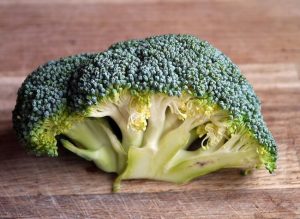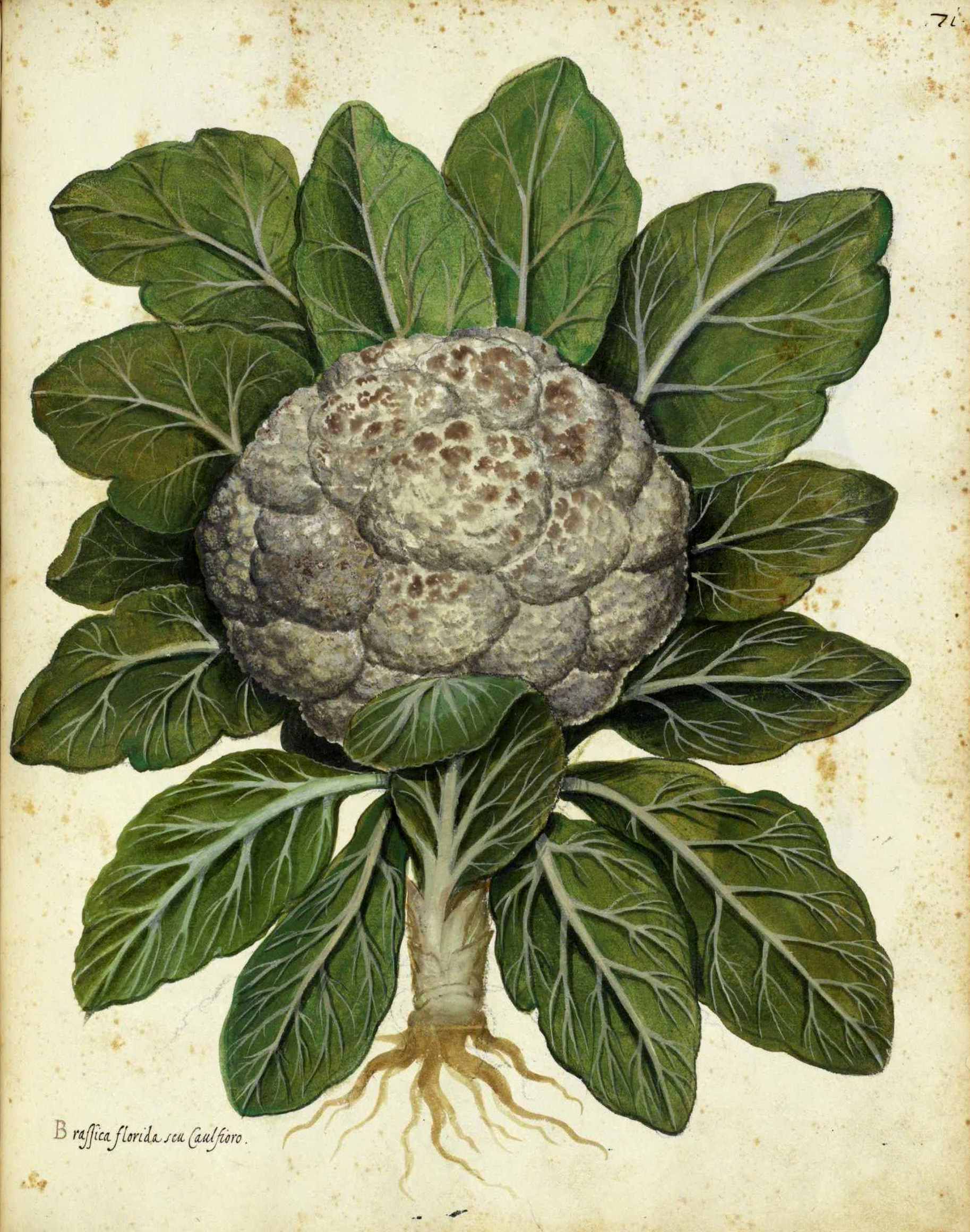Food, Health, Plants, flowers & blossoms, Spotlights
Local superfood spotlight: broccoli

Aug
Superfoods from Africa (baobab), India (tulsi) or Mexico (chia seeds) are more popular than ever. Even though there is almost nothing biomazing likes more than discovering exotic superfoods and ingredients, there are also superfoods in our own garden that we didn't realise had superpowers. For example: broccoli, a cruciferous vegetable that is packed with antioxidants, anti-inflammatories and detoxifying micronutrients.
Nourishing, preventative superfood Broccoli contains a lot of protein and few carbohydrates. The vegetable with its pleasantly bitter taste fills you up due to its high fibre content, while the bitterness stimulates the gastric juices and thus has a beneficial effect on digestion. But that's not all: eating broccoli can also relieve constipation. Broccoli also ensures that blood sugar levels do not spike, which prevents hunger pangs and overeating.
The superpower of broccoli comes from the Antioxidants. The sulphoraphanes and glucoraphanins contained in broccoli stimulate DNA for cell renewal and have a preventive effect on cancer and other chronic diseases such as diabetes and high blood pressure. Thanks to the anti-inflammatory properties of dark green broccoli, the risk of stroke and heart disease can also be reduced.
Unlike other superfoods, which are only consumed in homeopathic doses, broccoli can be eaten as often as your heart desires and until you are full. Broccoli contains more vitamin C than oranges, vitamins A and K as well as folic acid, calcium (as much as a glass of milk), potassium and iron.
Vitamin C supports the immune system and helps to achieve radiant skin and strong hair. Vitamin A fights free radicals, calcium ensures a steady heartbeat and healthy bones. Folic acid is not only particularly important for pregnant women, as it regulates cell growth. Iron is essential for haematopoiesis and the transport of oxygen in and through the body. Potassium supports nerve function and vitamin K is important for blood clotting and bone density. These two factors are particularly important during pregnancy as they influence the growth of the foetus.
Especially if the body does not get enough sunlight and the Vitamin D level begins to sink, broccoli unfolds its power in the body. The particularly strong combination of vitamins A and K in broccoli regulates the vitamin D metabolism in the body. But broccoli can also act as a defence against too much sun: The glucoraphanin present in broccoli effectively helps with sun damage and burnt, irritated skin.
Science Recent studies on broccoli have discovered that even a handful of broccoli a day has been shown to reduce the risk of prostate cancer, bowel cancer, breast cancer, bladder cancer and ovarian cancer. The two carotenoids lutein and zeaxanthin contained in the cruciferous vegetable also have a favourable effect on vision and general eye health. And when it comes to broccoli, more is better than less and broccoli can be enjoyed without a guilty conscience.
Allergy superfood Studies have shown that the flavonoids (kaempferol), which are particularly abundant in broccoli, combined with the strong anti-inflammatory effect of the vegetable, are an ideal combination for allergy sufferers. Kämpferol dampens the allergic reaction in the body, while the anti-inflammatory effect effectively combats the inflammation that often occurs in allergy sufferers and lasts for a long time, allowing it to heal more quickly.
Tips Both the broccoli florets and the stem are tasty and healthy. Both can be eaten raw, drunk in smoothies and juices, steamed or cooked in soups and vegetable dishes.
